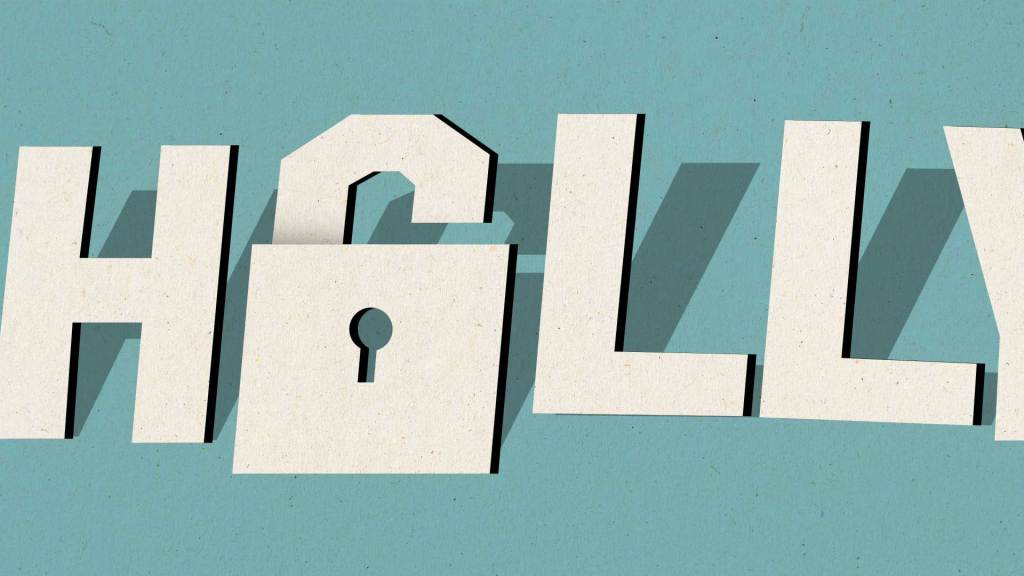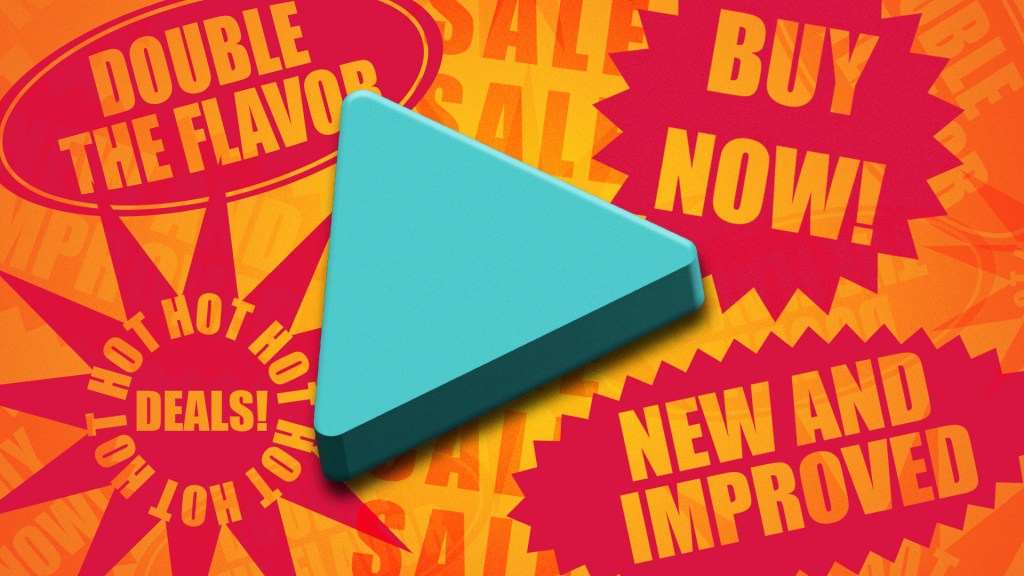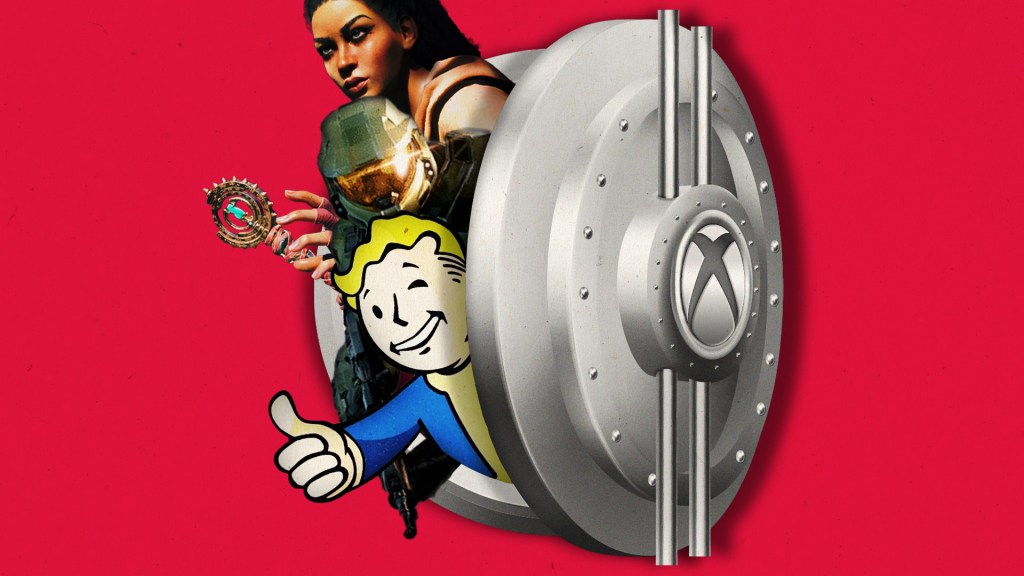Why Private Division’s Mystery Buyer Probably Isn’t a Gaming Giant
In this article
Since Take-Two Interactive’s quarterly earnings session last Wednesday, nothing more has been disclosed about the unknown buyer of the company’s Private Division label.
As earnings season draws to a close, the identity of Private Division’s new owner is bound to emerge in the coming days or weeks. Take-Two CEO Strauss Zelnick said the disclosure will come “relatively soon.”
But for a few reasons, it’s unlikely the buyer was any of the major gaming companies, given Private Division’s focus on smaller and indie games amid the serious challenges facing AAA gaming.
The sale of Private Division comes after more than a year of intense restructuring as part of its bid to achieve $50 million in cost reductions as the fall 2025 release window of bigger publisher Rockstar’s highly anticipated — and crazy expensive — “Grand Theft Auto 6” draws closer.
The end result was more than 600 layoffs across Rockstar, 2K Games and especially Private Division, where most staff were laid off prior to the sale of the publisher’s remaining workforce and game library of finished and developing titles.
Still, Take-Two’s cuts are a drop in the bucket compared with its contemporaries.
Several of the publishing giants that could conceivably make use of a portfolio of smaller games like Private Division’s are themselves in weakened positions and therefore less likely to be in acquisition mode. Sony Interactive Entertaiment recently shuttered Firewalk after the failed launch of “Concord,” Microsoft Gaming sold “Hi-Fi Rush” studio Tango Gameworks to Krafton, and French publisher Ubisoft is reportedly exploring a sale to Tencent, the biggest of all the gaming giants.
Even Netflix, which went on an acquisition spree shortly after entering games in 2021, closed its Team Blue studio in October without ever releasing the AAA multiplatform original IP on which it was working.
Describing the Private Division sale on Take-Two’s earnings call, Zelnick was blunt, saying the company is in “the business of big hits,” suggesting Private Division games haven’t seen strong sales, despite having such acclaimed titles as “Kerbal Space Program” and “OIliOlli World.”
It’s easier for an entity like PlayStation to eke out smaller hit games such as “Astro Bot” when it’s a giant in both hardware and software sales, whereas Take-Two needs as many resources as possible to deliver a worthy follow-up to 2013’s “Grand Theft Auto 5,” whose online mode has since become a leading live service alongside “Fortnite,” “Roblox,” “Call of Duty” and “Minecraft.”
Take-Two also acquired Gearbox from Embracer Group in June for $460 million, bringing “Borderlands” fully in house as one of 2K’s biggest AAA franchises.
The possibility of Private Division being scooped up by one of the industry’s leaders goes out the window when looking at how much mobile gaming has defined the biggest purchases of late.
It seems even less likely that Private Division was acquired by a major gaming company because the biggest buys over the last decade prioritized mobile games and other live services.
Huge investors like Savvy Games Group are currently prioritizing mobile entities for the degree of scale in that corner of the market, acquiring “Monopoly Go!” giant Scopely for just under $5 billion in 2023 after its highly successful April launch, which net $1 billion in revenue by the following November.
Likewise, Take-Two spent $12.7 billion to bring mobile leader Zynga into the fold in 2022, while Microsoft’s gigantic Activision Blizzard deal was motivated just as much by the King mobile publisher as it was “Call of Duty.”
So, it’s possible Private Division’s buyer sought the label for reasons unrelated to how successful or unsuccessful the publisher is.
One possible buyer caught in a fairly unique situation is Annapurna Interactive, the gaming arm of Hollywood producer Megan Ellison’s company that specializes in publishing and developing indie games. News that its entire workforce of around 25 people simultaneously quit shocked the industry in August, leading to further confusion as the division’s former staff and Annapurna’s remaining management pointed fingers at each other.
Reduced to a skeleton crew under Take-Two, Private Division would be a reasonable solution for Annapurna’s challenge to rehire its gaming staff, given the relevant experience of what’s left of Private Division’s team.
Nothing of that nature has been reported, so take that hypothesis with a grain of salt. However, Annapurna was already making deals before its staff quit, having pledged to cover half the budget of Remedy Entertainment’s “Control 2” in exchange for exclusive rights to that IP and “Alan Wake” for film and TV purposes.
The company may have been looking to lock down more deals, making wayward Private Division a logical option to replace Annapurna’s original gaming staff and boost its internally developed portfolio.









